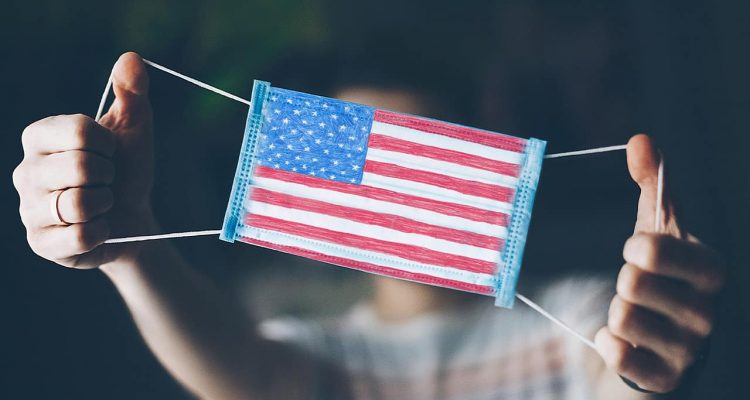In our previous blog post we shared the reality that Americans living paycheck to paycheck would be the hardest hit by the financial fallout of this virus. We wanted to dig a little deeper into the idea that COVID-19’s far reaching impact does not offer a uniform experience for everyone. A key tagline for the virus response is, “We’re all in this together.” We love the community and inclusion portrayed by this message, but upon closer examination we see that this pandemic has actually shed light on many of our society’s social injustices, as well as our privileges.
The most notable factors that influence the way this pandemic impacts individuals are class and race, which almost always intersect.
Individuals who work low-paying jobs such as grocery store cashier, janitor, fast food employee, and delivery worker are at a higher risk of getting sick from this virus partly due to their exposure. While these positions are deemed “essential” the associated pay and benefits often do not reflect that sentiment and workers find themselves with no choice but to continue to show up to the job. A report from the Economic Policy Institute stated that, “Only 9.2 percent of workers in the lowest quartile of the wage distribution can telework, compared with 61.5 percent of workers in the highest quartile.” Our nation’s lowest income workers are exposing themselves to the dangers of this virus so we can meet our most basic needs during the shutdown. This should make us think twice about how we see these positions and the compensation that accompanies them.
“America never had low-skill workers, just essential workers paid low wages.” -Carlos Ramirez-Rosa
In cities and towns across the country, African Americans are dying at a much higher rate than White folks, disproportionate to their representation in the community. Chicago newspapers have recently revealed shocking statistics regarding those dying from the virus. Although the African American population of Chicago’s Cook County is only 23%, the population makes up 58% of Covid-19 deaths. Similarly, Milwaukee County in Wisconsin reported having a population made up of 26% African Americans, yet composes 81% of the county’s pandemic death count. Similar shocking numbers can be found in every state in our nation.
“It’s an education system issue, it’s a health and resources system issue and it’s a public transportation issue,” said Cedric “C-sharp” Redmon, youth ambassador for the city of St Louis
The reasons for this disparity are complex and rooted in unequal structural and societal systems. This particular pandemic is revealing these faults and can hopefully serve as a push to actually bring about change.
Entire books have been written on this subject, and we will leave it up to those experts to expand upon what we have briefly touched on here in this blog post. However, one reflection that we hope our writing will inspire is that of privilege. This is a great time to analyze what privileges we have and appreciate what those offer us. We have included a short exercise below to help get the juices flowing.
Fair Tide’s Coronavirus Privilege Checklist
Can you and your family….?
- Afford food/supply delivery services
- Access internet for remote learning/working
- Afford marked-up prices of hand sanitizer, masks, disinfectant, etc.
- Access fresh and healthy foods
- Easily access local news outlets and relevant updates
- Access medical services without fear of how you will pay for them
Do you have the ability to…?
- Retreat to a stable place of residence
- Stay home and practice social distancing
- Continue earning an income from home
- Rely on financial savings, if need be
- Leave your home and feel confident that you won’t be victimized (Some Asian-Americans are being targeted for ‘starting’ and ‘spreading’ the disease from China while African-Americans are being profiled when out in public wearing masks)
- Run hot water for handwashing
- Take consecutive days off work in order to quarantine or take care of a loved one, if necessary
No matter who you are, please stay safe, and if you find yourself in a position where you need some help, do not hesitate to reach out!

